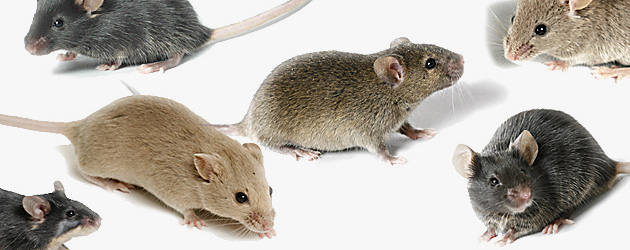On average, most mammals tend to live to approximately one billion heartbeats. According to the North Coast Journal, the larger the animal, the slower the heartbeat. This has an inversely proportional effect on the longevity of the animal. The smaller the mammal, the faster its heart beats and the faster it will die. A mouse, which is much smaller than a cat, has a much higher heart rate than that of a cat. And as such, mice tend to live shorter lives than cats. This theory, which biologists call the ‘quarter power scaling rule,’ illustrates that on average, most mammals tend to live to approximately one billion heartbeats.

However, humans are one of the few mammals who are an anomaly in this statistic. If humans were to prescribe to the one billion heartbeat rule then humans would only live to about 35 years old. Humans nowadays can live up to three times that amount, not trying to jinx it for all of us, and this is a result of increased medical technology, hygiene and our environment among many other factors. But what are some ways of increasing our longevity or possibly finding that elixir to immortality?
The Jackson Laboratory conducted research on mice where they limited the amount of calories the mice could ingest and found a correlation between a reduced caloric intake and an increased lifespan. The researchers deduced that reducing the overall amount of food that the mice ingested allowed them to live longer. Gary Churchill, who is one of the professors at the Jackson Lab, said that mice typically live for around two years but after putting them on a calorie-restrictive diet he found that some of the mice could live up to five years long! However, he did make an effort to state: ‘while it is clear that some animal models, like the inbred C57BL6/J mouse strain, benefit from caloric restriction, there is also evidence that the effects can differ depending on the genetic makeup of the animal. The same will likely be true for people: Caloric restriction may be a good thing for one person and not for another. Until we understand these individual differences, we have to be very cautious about recommending dietary changes for people.’

A PubMed article which looked at the effects of caloric intake and aging found that ‘the people in the group with the lowest body-mass index (less than 19.0 for women53 and less than 22.5 for men52) had about a 20 percent lower risk of death than those in the group with the next higher body-mass index.’ While this study was conducted on obese people it should come as no surprise that a reduced amount of food for the obese person will do wonders for their health (duh!) But a study which was conducted on non-obese men from the Netherlands found that a 20 per cent reduction in total caloric intake over ten weeks resulted in an improvement in a host of health factors (reductions in diastolic and systolic blood pressure, increases in serum high-density lipoprotein cholesterol concentrations,58 reductions in serum triiodothyronine concentrations and the metabolic rate,59 and beneficial effects on fibrinolytic factors.’ So while there are health benefits in reducing food in obese people, the same health factors apply to non-obese people as well.
In another PubMed article, it was concluded that ‘both reduced calories intake and the ratio between macro nutrients, namely the protein to carbohydrates ratio, positively impact lifespan.’ The same article went on to say that a reduced protein intake (between 10 to 30 per cent of total calories) results in a lower risk of mortality. A CNN article showed that cutting calories by 15 per cent for two years led to the slowing of a metabolic process that is involved in aging. The article which was based on research done by the journal called Cell Metabolism revealed that the decreased metabolic rate resulted in a lowered rate of oxidative stress which is known to be ‘tied to diabetes, cancer, Alzheimer’s disease and other age-related conditions.’

So while correlation does not equal causation, more and more studies are coming forth that show a correlation and a causation between a reduced caloric intake and an increased lifespan. While more studies need to be conducted on the types of calories that should be reduced, and the optimal ratio of carbs, fats and proteins that increase longevity, it is pretty clear that reducing food in a Westernized diet should do wonders for our overall health. So what can help you live longer? Eating less food.

